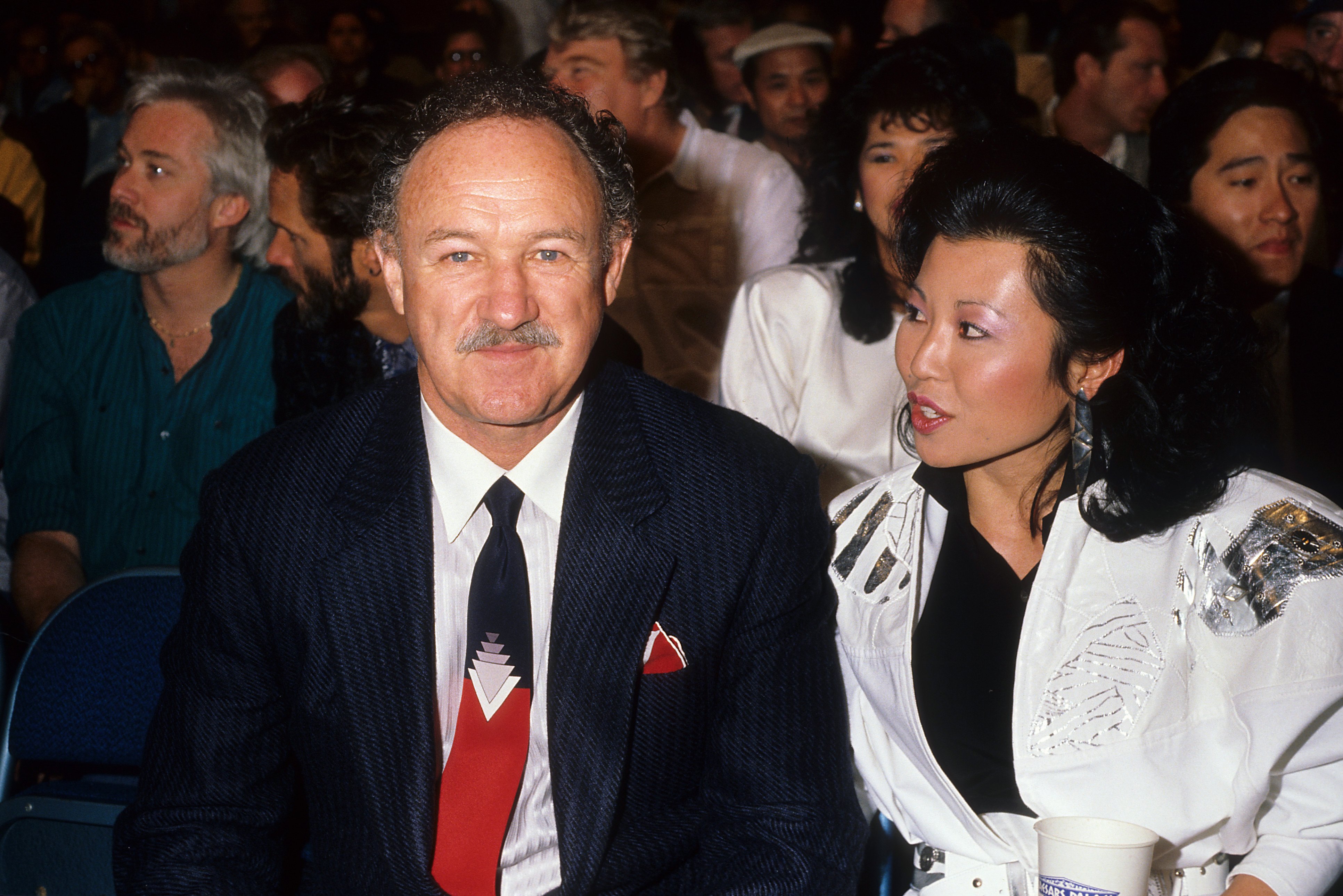Experts have identified several locations in the Chicagoland area that were part of the Underground Railroad, but for one special business in the city, a National Park Service designation is a unique honor. LeeAnn Trotter has the story.
Experts have identified several locations in the Chicagoland area that were part of the Underground Railroad, but for one special business in the city, a National Park Service designation is a unique honor.
Ronald Gaines is the owner of Chicago’s Finest Marina, the oldest Black-owned marina in the area. It sits along the banks of the Little Calumet River, and it holds many unique places in the city's history.
“We host 24 boat slips here. We rent them out”, says Gaines.
He bought the property in 2005. What he did not know at that time was that back in the mid 1850's, Jan and Aagie Ton, Dutch immigrant farmers, settled on the property, and what they did with it was historic.
“They used their farm as a holding site for enslaved folks who were seeking freedom,” says Lillian Holden, education outreach coordinator of Openlands.
In 2019, this stop on the Underground Railroad was officially recognized by the National Park Service, and Gaines is now seeking to redevelop the property for public use.
“I am honored to have that distinction, especially being a Black man and owning a piece of Black history that we have," he says.
Local
The Tons were among a group of abolitionists on the southern edges of Chicago helping enslaved people make their way to Canada.
The other historic site along the Little Calumet River related to the Underground Railroad is the Indiana Avenue Bridge, which stands close to where the Dolton Ferry operated.
Feeling out of the loop? We'll catch you up on the Chicago news you need to know. Sign up for the weekly Chicago Catch-Up newsletter.
“That’s holy ground,” says Larry McClelland, professor emeritus of sociology & community studies at Governor's State University.
He’s been researching the Underground Railroad for 20 years.
“There are very few places where I could say, right here, 500-to-800 people walked for their freedom right at this site," he says.
It’s all information you can learn while touring The African American Heritage Water Trail, which is sponsored by Openlands.
You will also learn about cycling champion Major Taylor, who’s legacy is memorialized on a bridge over the Little Calumet River. Brenda Dixon, of Friends of the Major Taylor Trail, helps to carefully curate the site.
“He was actually the very first African American sports hero. And during that time period, at the turn of the century, he was known all over the world," she says.
IMichael Taylor, a board member of the Illinois Paddling Council, says it's critical to protect these sites for future generations.
“(It's important) so we can appreciate what we have today," he says.



